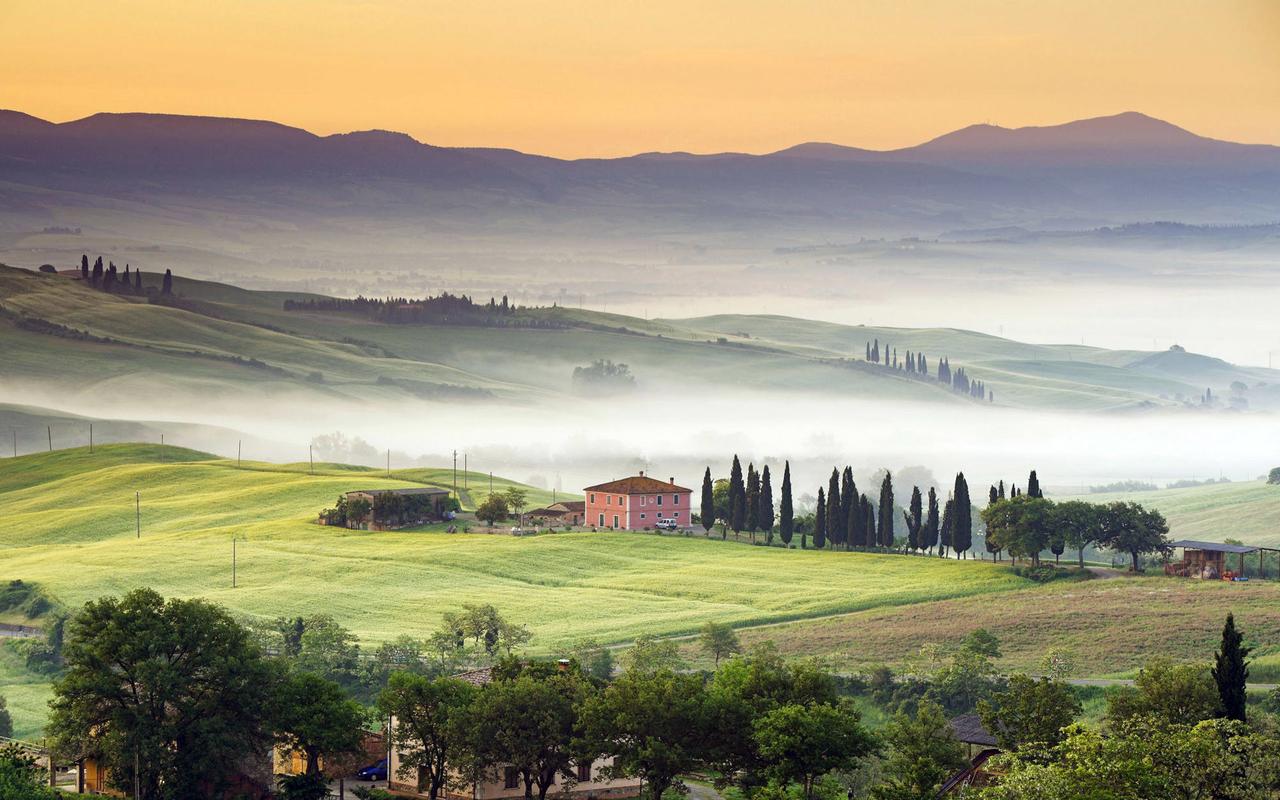Keeping the Flame of Cultural Traditions from El Salvador Alive: Challenges and Opportunities
El Salvador, a small Central American country with a rich cultural heritage, is facing unique challenges in keeping its cultural traditions alive. With a history stretching back to the ancient Mesoamerican civilizations, El Salvador has a diverse cultural landscape that reflects influences from Europe, Africa, and the indigenous culture of the region. However, the country is grappling with the forces of globalization, modernization, and migration, which are threatening the continuity of its traditional practices and customs.
One of the key challenges facing El Salvador in keeping its cultural traditions alive is the erosion of indigenous knowledge and practices. Many young Salvadorans are turning away from traditional ways of life and embracing new lifestyles influenced by the mainstream culture. This is particularly evident among urban youth who have limited exposure to their cultural heritage and are more likely to adopt Westernized lifestyles. The result is that traditional knowledge and practices are at risk of being lost, taking with them the history, language, and social norms that have defined Salvadoran culture for centuries.
Another challenge facing El Salvador is the impact of migration on cultural traditions. In recent decades, thousands of Salvadorans have migrated to other countries in search of employment opportunities, leaving behind their families and communities. This has resulted in the fragmentation of families and communities and has destabilized the social fabric of Salvadoran society. In addition, many Salvadoran migrants have adopted the cultures and traditions of their host countries, which has further diluted the cultural heritage of El Salvador.
Despite these challenges, there are also opportunities to preserve and promote Salvadoran cultural traditions. One of the most effective ways is through education. Schools and universities can play a vital role in ensuring that young Salvadorans are exposed to their cultural heritage and provided with opportunities to learn about their history, language, and customs. This can also help to foster a sense of pride in being Salvadoran and an appreciation for the value of cultural diversity.
Another way to keep the flame of cultural traditions from El Salvador alive is through community-based initiatives. These programs can range from cultural festivals and exhibitions to local history and language classes. By engaging the community and bringing people together, these initiatives can help to promote a sense of belonging and connection to Salvadoran culture. They can also help to create jobs and economic opportunities for local communities, promoting sustainable development in the process.
In conclusion, keeping the flame of cultural traditions from El Salvador alive is crucial for preserving the country’s heritage and promoting social cohesion. While there are challenges, such as the erosion of indigenous knowledge and the impact of migration, there are also opportunities to keep Salvadoran cultural traditions alive, such as through education and community-based initiatives. By working together, Salvadorans can ensure that their rich cultural heritage is passed on to future generations, creating a legacy for years to come.
(Note: Do you have knowledge or insights to share? Unlock new opportunities and expand your reach by joining our authors team. Click Registration to join us and share your expertise with our readers.)
Speech tips:
Please note that any statements involving politics will not be approved.
